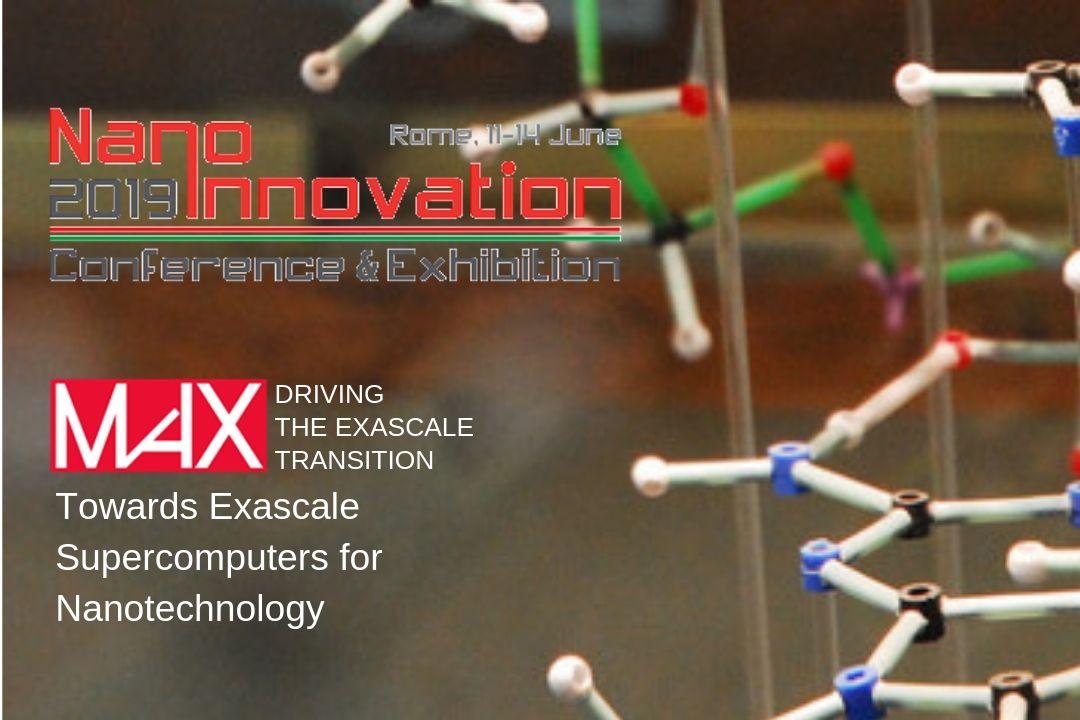HPC solving scientific challenges and creating new skills and jobs - Find out more at the EuroHPC Summit Week 2019, Poznan May 2019
Today, the impressive increase of big data exchange is creating new perspectives in term of sharing knowledge, conducting scientific researches and creating new business opportunities. This big processing of data requires supercomputing tools, also know as High-Performance Computing (HPC), which is the ability to process excessive amounts of data to perform complex calculations at very high speeds.
HPC is widely involved and has brought major improvements in a significant number of scientific fields. Representative examples are the studies on the hydrogen molecules or the discovery of new molecules able to treat diseases.
The main scientific fields which can reap benefit from HPC are the following:
- biology and life sciences
- pharmacology
- cosmology
- astrophysics
- materials science
HPC in the global data economy
It means that HPC is essential in the new global data economy for the ecosystem of Industrial and SMEs & academic communities of stakeholders. Supercomputing infrastructures are also a crucial key factor for public decision makers and in fact, the European Commission is investing billions. For example, Europe is buying and deploying two supercomputers that will be among the top 5 in the world and at least two more that would be placed in the global top 25 for Europe's private and public users. This level of investment is strategic for the improvement of infrastructures and to face the increasing challenges for European citizens in the future and in particular for industry, SMEs, and the creation of new jobs. Especially, this infrastructure improvement will require always more highly specialized scientific and technical HPC human resources.
New Jobs in Manufacturing and Engineering Industry
The Manufacturing and Engineering industry boasts a domain area where an HPC will require new specialised skills in this field. Mainly, the sectors concerned are bioengineering and molecular chemistry, developing and managing renewable and clean energies, automotive and aeronautical engineering, agri-food and precision agriculture and oil and gas exploration.
Centres of Excellence in Europe
There are nine Centers of Excellence (CoE) in Europe supported by the European Union which support academia and industry with the usage of advanced techniques for high-end computing.
MaX is one of them “European CoE for HPC applications” supported by the EU under its H2020-INFRAEDI-2018-1.
The MaX CoE project is made up of specialised and expert 14 partners and, as a great project group, is leading the research of innovative materials, modelling and simulation on Materials Science specifically - leading towards Exascale across Europe.
Today, the combination of Material Sciences with High-Performance Computing marks an important step forward in the history of human progress.
Join the HPC community at the EuroHPC Summit Week 2019
One of the most popular opportunities to learn more and to network with like-minded individuals working in materials science is certainly at the fourth edition of the EuroHPC Summit Week. The event will take place in Poznan, Poland from 13th until 17th May 2019. At the event will attend the greatest exponents of HPC.
Carlo Cavazzoni (CINECA) and Dirk Pleiter (Juelich) will provide a talk on the Co‐Design Workshop session about the challenges on applications and technical requirements for the exascale era.
Also, Sebastiaan Philippe Huber from EPFL will represent MaX in the “1st European Communities Workshop on Exascale Computing Focus on High-Performance Data Analytics” together with the eight (8) other CoEs.
Visit our web pages and Join the MaX community at max-centre.eu
Follow us on our Social media channels:
- Twitter: @max-center2
- LinkedIn: company/max-centre/
- Youtube: youtube/channel/MaX Centre eXascale



